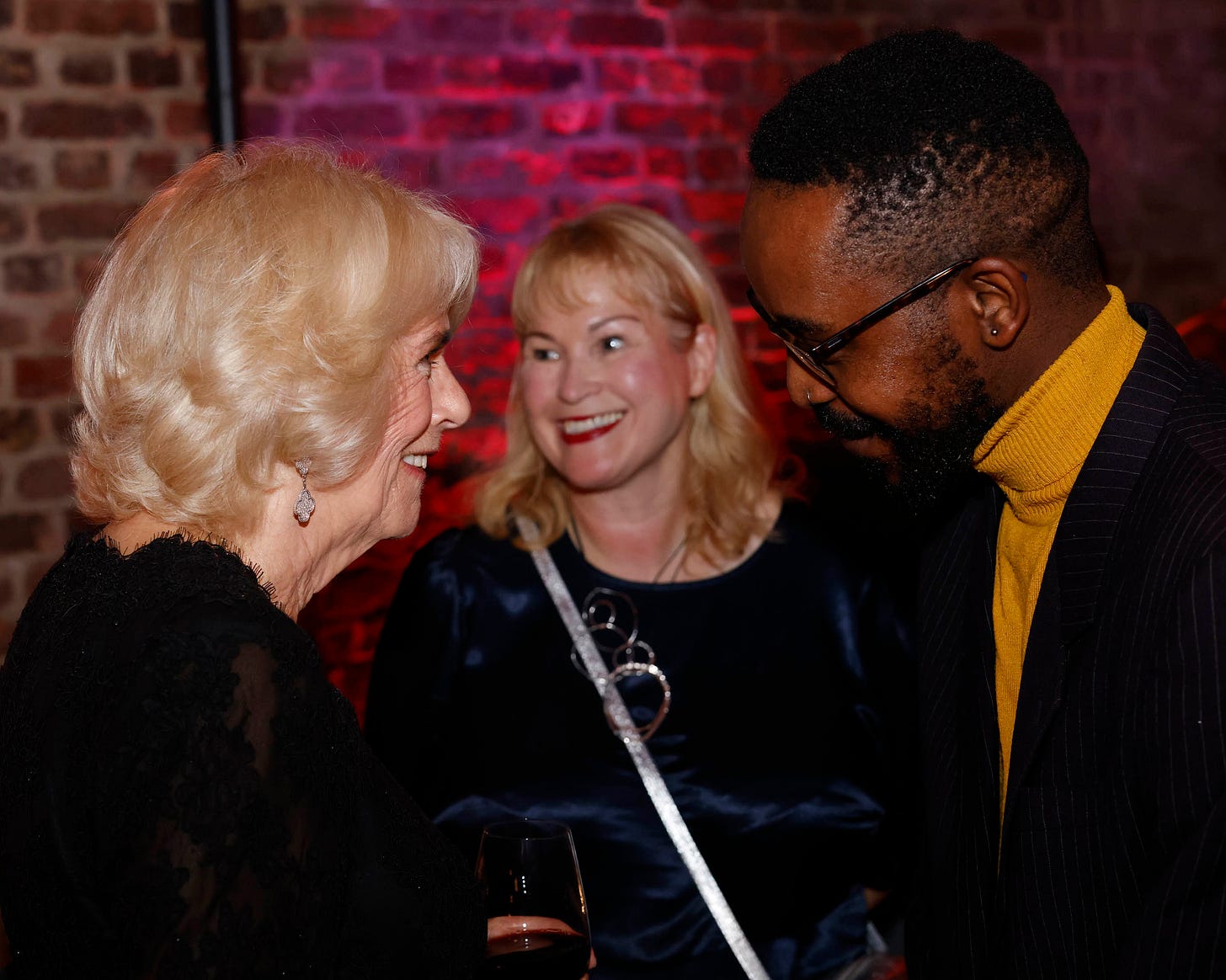How UEA’s Booker Prize Foundation Scholarship is nurturing the next generation of authors
The recipients of the creative writing scholarship, which began in 2009, discuss how crucial the award has been in kickstarting their careers
By Sarah Shaffi
‘I wouldn’t be where I am now without the scholarship,’ says Daniel Wiles, one of 13 recipients of the Booker Prize Foundation Scholarship at the University of East Anglia.
Founded in 2009, the scholarship aims to help nurture the next generation of authors, through a partnership between two organisations that boast some of the most impressive literary alumni in the world.
The scholarship is open to students from Commonwealth countries who have been accepted on to UEA’s prestigious MA Prose Fiction course - whose graduates include Booker winners Anne Enright, Kazuo Ishiguro and Ian McEwan. Each year, it provides up to £25,000 of funding for one gifted scholar.
Dr Jean McNeil, Professor of Creative Writing at UEA, says that the panel which awards the scholarship – which includes Booker Prize Foundation director Gaby Wood – is looking ‘for a writer of exceptional promise and talent to put forward’.
‘When one of our applicants receives the Booker scholarship, they know they have been singled out for their writing,’ she continues. ‘It confers a responsibility and pressure, but also a self-confidence on the recipient.’
The 13 scholars who have completed the programme have gone on to further study, have had their work featured in magazines and, in many cases, have had books published and won literary prizes. Among them is Eliza Robertson, who won the Commonwealth Short Story Prize in 2013 and whose first novel, Demi-Gods, was compared by one reviewer to Donna Tartt’s The Secret History.
Robertson says the scholarship was ‘everything’ to her, as she’d ‘made a bargain’ with herself that she would only do a postgraduate programme if she could get funding, because ‘creative writing felt like a financially precarious career path’.
Being able to take up a place on the course, fully funded, gave her the time to write. ‘As someone who now works 40-50 hours a week outside my writing practice, I recognise how privileged it is to have a year dedicated to your craft,’ she says. ‘And to be surrounded by other writers and thinkers who are all aspiring to the same precarious path you are, and taking it just as seriously.’
Wiles, whose debut novel Mercia’s Take was published this year and lauded by the late Hilary Mantel, agrees that the writing time afforded by the scholarship was among the things he most valued, as well the people he met and worked with. ‘Having both a whole year to sit down, write and not worry about anything else, as well as a great number of like-minded people around you to offer helpful feedback and inspire creativity, those things are invaluable to a student writer,’ he says.
Stephen Buoro was working as a maths teacher in Nigeria before he was offered the scholarship, and was being paid, he says, ‘a pittance’. ‘To afford to study at UEA, I would have had to work for several decades and saved everything I earned,’ he adds. ‘In practical terms, the scholarship paid for my tuition, my flight to the UK, and provided me with a monthly stipend. Thus, for the first time in my life, I was able to focus solely on my writing, to spend night and day honing my craft and producing a body of work.’
Buoro says the Booker scholarship also ‘infused me with more belief and motivation to write’. He started work on his debut novel, The Five Sorrowful Mysteries of Andy Africa, just after receiving the scholarship, writing a ‘very rough draft’ in just two and a half weeks.
According to McNeil, the tutors and advisers at UEA ‘do not concentrate on publication and success while students are on the course’. Instead, she says, the focus is ‘on developing [the students’] best writing, on their personal and literary development’.
That was certainly the case for Buoro, who says the feedback he received on his work helped shape him into a much better writer. ‘When I came to UEA, I submitted the first chapter [of my novel] for workshop and got ecstatic feedback,’ he says. ‘This feedback hugely improved my confidence on the project. I received more mixed – and to some extent – negative feedback on the second chapter. This feedback was so invaluable because it made me to pause, rethink, and recalibrate the entire project.
‘For the first time, I was able to identify the weak spots of the novel. I decided to trash the entire first draft, save for the first two pages. I reconstructed the novel, broadened its scope, and began writing again.’
Buoro’s book will be published in the UK in 2023, after selling to Bloomsbury for a six-figure sum, following an eight-way auction. US rights have also been sold for a substantial sum.
Daniel Wiles started what would become Mercia’s Take in the first week of the course, because he ‘needed something to submit to workshops and all the stuff I already had was awful’.
‘At each fencepost of the course - workshop submissions, assignments, dissertation - the novel was written, chiselled and carved, based on workshop feedback and tutorials with creative writing professionals,’ he says. ‘On top of this, the agent/publisher meetings that the course holds each year helped me find my eventual publisher. It’s safe to say that without my year at UEA, the novel wouldn’t have been published, at least in the form it is now.’
Although the scholars don’t overlap with each other on the course, together they make up a unique and growing group of writers. As Robertson says: ‘I feel privileged, humbled, and grateful to be part of such a crowd.’
Discover more about the UEA Booker Prize Foundation scholars.





